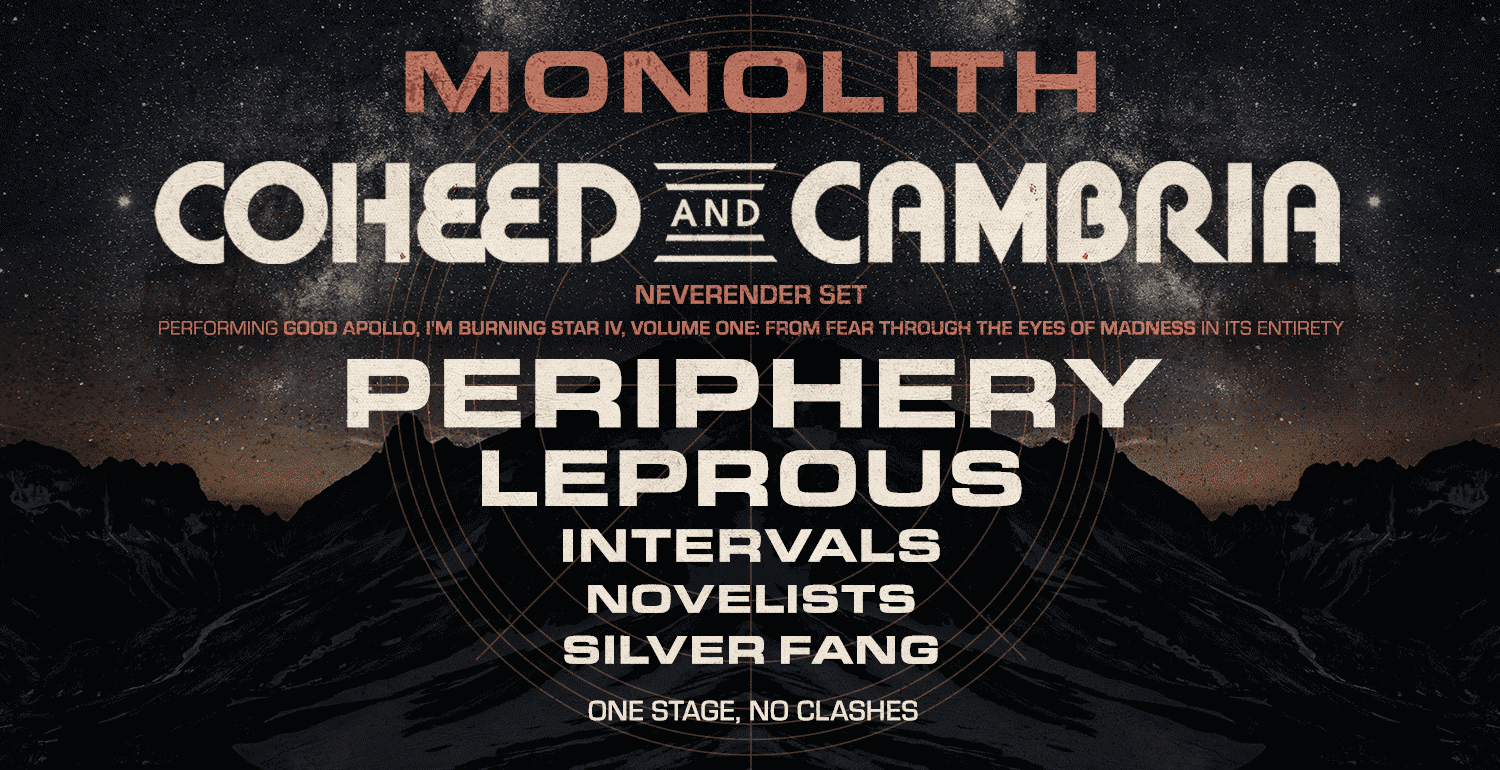“There’s nobody more critical of my own work than me.”
Richie Kotzen
Richie Kotzen is a musician who has tried his hand at most things when it comes to his craft, having played in bands like Mr. Big, Poison, The Winery Dogs and Smith/Kotzen over an illustrious career, but it is in the solo realm that he has done perhaps his best and most intimate work.
Being a person who knows what he wants and how to achieve it, Kotzen is more suited to the solo side of music where he is more in control of his musical output, down to playing most instruments himself and recording and producing his own work.
The last sonic masterpiece to come from Kotzen is his latest solo album, Nomad, which will be unleashed on September 27. A collection of eight songs, Nomad sees Kotzen express his diverse techniques and influences, from hard rock to 70s infused soul and funk, jazz fusion to R&B. If you know the man and his music, you pretty much know what to expect – only better.
HEAVY caught up with Kotzen recently to discuss Nomad and the process of making it.
“I feel good,” he smiled when asked about the album. “I’m very happy with it. I’m happy with what I recorded, and I’m looking forward to sharing it. We’re actually on tour right now, and we’ve been playing Cheap Shots and On The Table live, so that’s been fun. I’m looking forward to getting it out there. I hope people are feeling it the same way I do.”
We ask if Kotzen is the type of person who finishes an album and puts it to bed, or if he overthinks the final result and comes up with differing ideas while waiting for it to be released.
“I put it to bed and move on,” he affirmed. “I don’t… what happens is I get to the point where I listen to it in the creative process, and it starts to resemble what it was I was hearing in my mind. Once the speakers are reproducing that accurately, I know I’m finished and I move on. Then what happens is typically I fall into a heavy depression, because there was a lot of stuff happening internally during the creative process that’s very exciting and very rewarding, and then it’s done. It’s over. And then it’s now what? For me, I’ve gotta go off and do other things, often times I have to do something outside of music, like just go somewhere on the property and start raking leaves or trimming a tree or something (laughs) and then wait until the next fire starts to get me inspired.”
In the full interview, Richie talks more about the creative process and other things to factor when completing an album. He outlined how he focuses on individual song compositions before considering the album as a whole and mentioned he was inspired by the vinyl album format and aimed to create a diverse mix of genres, including rock, seventies-infused soul and funk, jazz, and R&B. However, he clarified that he doesn’t consciously aim to cover a wide range of genres, but rather allows his influences from childhood, such as Stevie Wonder, George Benson, Iron Maiden, and Black Sabbath, to shape his music.
Richie discussed his approach to songwriting, emphasizing that he doesn’t intentionally try to emulate other artists’ styles. Instead, he waits for inspiration and then brings his ideas to life. He also shared his perspective on writer’s block, viewing it as a sign that there’s nothing meant to be written at that moment. Richie also revealed that he documents his song ideas in his phone, which currently contains 398 memos of him mumbling, singing, or playing guitar.
Kotzen also discussed the process of creating music, explaining his approach to recording and producing his own music. He emphasized the importance of having a clear vision and skill set to execute ideas, and how this approach has worked for him throughout his career. He also highlighted the difference between creating music for personal satisfaction and for external expectations, noting that the latter can lead to complications and disappointment.
He discussed his songwriting process, explaining that his ideas often come from different starting points, such as having a chorus or a melody. He shared an instance where a song practically wrote itself as he strummed the chords. We asked about the challenges of being critical of his own work as a producer, to which Richie responded that he is always his harshest critic. He emphasized the importance of knowing his instrument, and his singing voice, which allows him to gauge the emotional authenticity of his songs plus heaps more.














